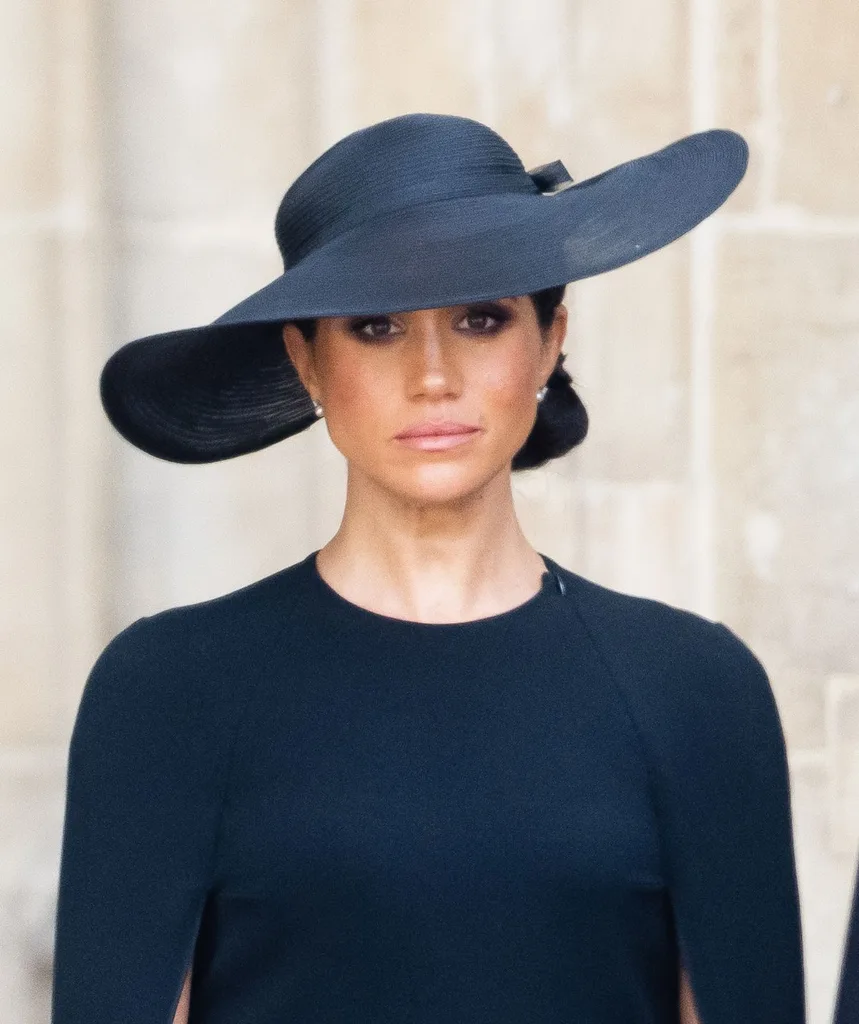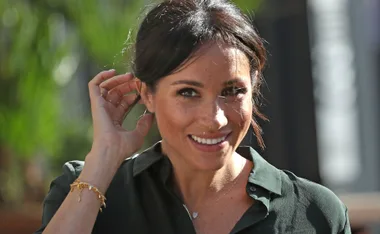It’s a mother’s job to worry, and Meghan Markle reveals she is already thinking about the woman her one-year-old daughter Lilibet will become.
In this week’s episode of The Duchess of Sussex’s podcast Archetypes, she sat down with Paris Hilton and Iliza Shlesinger to discuss the “bimbo” trope which plagues women.

Lillibet is only one.
(Image: Getty)“Curious to hear your thoughts on this idea of, when I hear the word ‘bimbo,’ I have a very negative connotation to it. I don’t see that as an aspirational thing for women,” Meghan said.
“I want our daughters to aspire to be…”
“Slightly higher,” Iliza replied.
Meghan revealed she wants her daughter to grow into an “educated” woman and “want to be smart and pride herself on those things”.

The new episode explores the “bimbo” trope.
(Image: Getty)She then recalled some of her own childhood memories where she didn’t feel “pretty” around ages 10 and 11. But rather she clung onto the idea that she was the “smart one”.
“That is all you have to hold on to. So, in any other moment, no one cared if I came to the party,” Meghan said.
“I had a crush on this boy named Chris!” she laughed and revealed that she “couldn’t get Chris to look in my direction! You know?”
“Those are the things that sort of inform how you go, ‘Okay, well, if I could be prettier, or if I could be funnier,’ but again, that’s that angling, constantly, as a woman, to try to be something that is desirable.”
The duchess continued to explain her experience with feeling like a “bimbo” while working as a “briefcase girl” on Deal or No Deal where she was constantly told to “suck it in!”.
Her time on the show was a dark contrast as she was normally “valued specifically for (her) brain”.
“And by the way, I was surrounded by smart women on that stage with me, but that wasn’t the focus of why we were there,” she pointed out.
“I would end up leaving with this pit in my stomach knowing that I was so much more than what was being objectified on the stage. I didn’t like being forced to be all looks and little substance, and that’s how it felt for me at the time—being reduced to this specific archetype: the word ‘bimbo.'”
.jpg?fit=900%2C553)

.jpg?resize=380%2C285)
